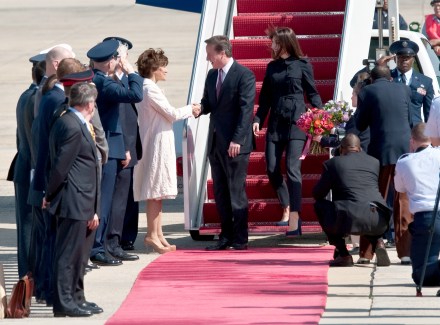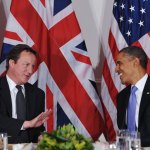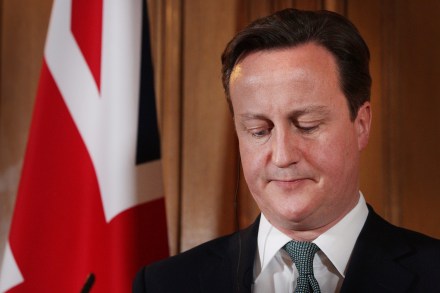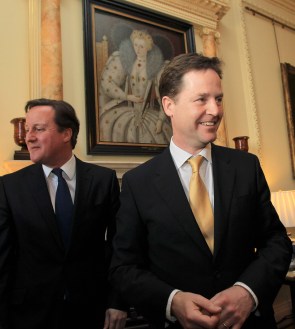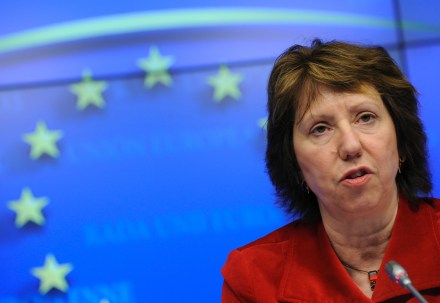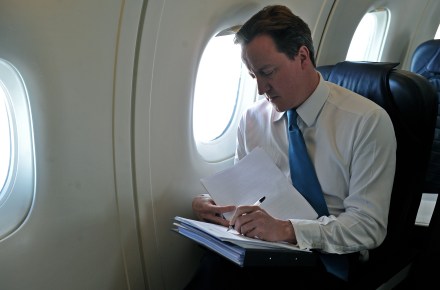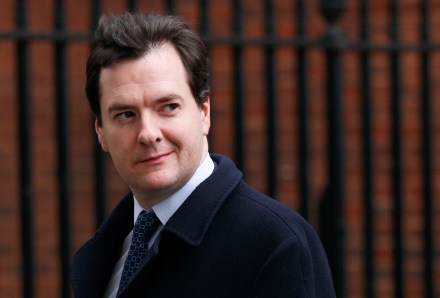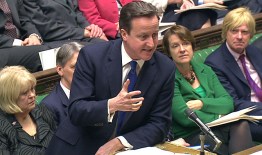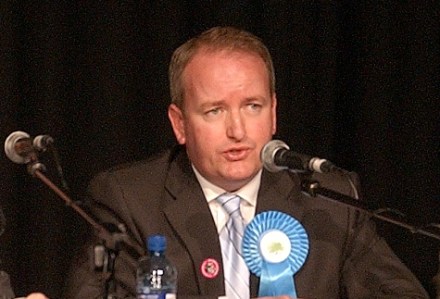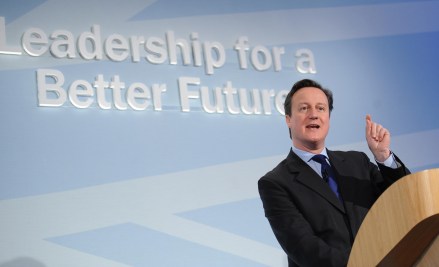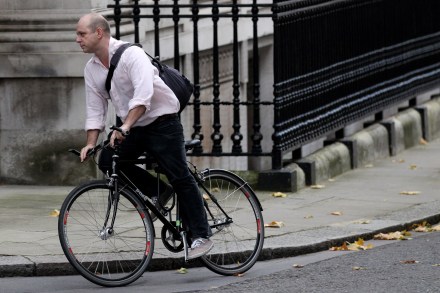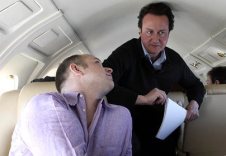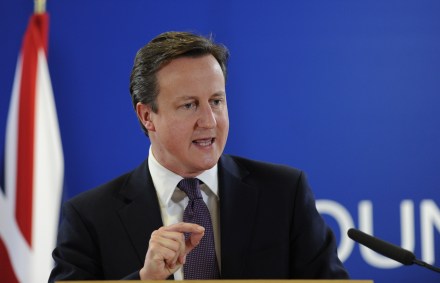Cameron lands in America
David Cameron’s plane has just landed in Washington. The next few days should provide him with a set of images that will portray him as a significant figure on the global stage. The Obama administration is giving Cameron the full works: a huge event on the White House lawn and the kind of banquet that is normally reserved for heads of state. This is an arrangement that benefits both sides. The Obama re-election campaign wants to foster the sense that the President is friends with a Conservative British Prime Minister given that their Republican opponent in the fall will accuse him of being a left-wing radical. I suspect, though, that
